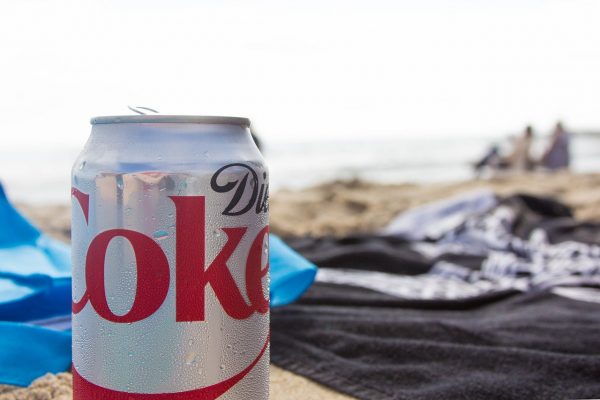Pregnancy is a time when gaining weight is expected for the simple fact that a human being is growing inside of another human. But that’s not to say that it is a free-for-all when it comes to the diet of a pregnant woman. Did you know that your diet can significantly affect your pregnancy? For example, diets that lack key nutrients like iodine, iron, folate, calcium and zinc, can cause preeclampsia which limit the oxygen and nutrients supply. Unfortunately, this can lead to birth defects and if not picked up on, you may be eligible to contact lawyers for birth injury in hospital to see how you can claim compensation.
To ensure that both mother and baby are as healthy as possible, there are certain restrictions you need to be aware of as well as which food should be promoted.
Here are a few pieces of advice that should be followed when expecting.
Calcium Is Important
Calcium is important in the growth of the baby and the strengthening of their bones and teeth. But if the woman does not consume enough of the calcium over the course of the pregnancy, the baby still gets that calcium from somewhere.
Calcium is taken from the mother’s stores in her bones and can make the bones and teeth of the woman weaker over time. Eating milk, cheese, yogurt, and some leafy greens can go a long way towards ensuring that your diet is full of the calcium needed for both mom and baby.
You Can Have Caffeine in Moderation
There has been a misconception that pregnant women should abstain from caffeine during the course of their pregnancy. The truth of the matter is that caffeine is fine if limited to restricted doses. Keep your caffeine intake to fewer than 200 mg per day – or the equivalent of a 12-ounce cup of coffee. This is considered safe for the pregnancy and allows mom to get that caffeine fix each day and not have to sacrifice too greatly.
Limit Your Fish Intake
While fish is a good source of lean protein and contains omega-3 fatty acids – which is good for the heart. It is important to note that many fish have high levels of mercury – which can be harmful to a baby’s brain development. If you have been regularly consuming fish to this point then it may be prudent to get mercury testing and consult with your maternity doctor.
Limiting the amount of fish you consume – primarily albacore or “white” tuna – to no more than six ounces per week will allow you to get the nutrients provided without absorbing risky levels of mercury.
As you can see, the key to pregnancy is about getting the essential nutrients and then limiting most everything else. Granted, following a strict diet is less likely when pregnant. Pregnancy might make it difficult to eat specific foods without bouts of nausea and there will come times when your cravings will win out and you will eat something weird like ice cream with pickles. It is thus best to know your limitations and of course consult gynecology specialists (you can look at this here for further reference) in order to have routine checkups during this time.
There is a balance to be found in pregnancy diets and it is up to you to find that balance between all of the necessities.
Content Provided By Vanguard Behavioral Health – rehab Tucson




